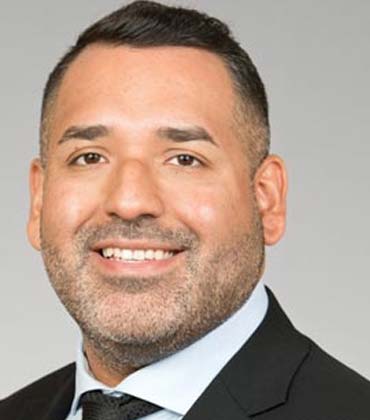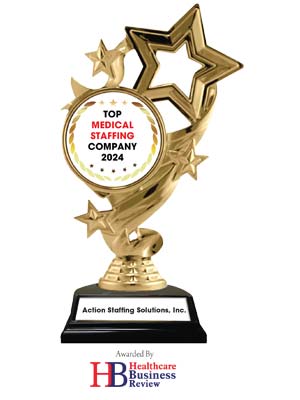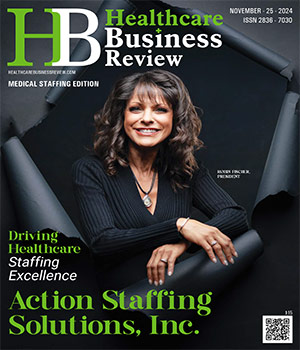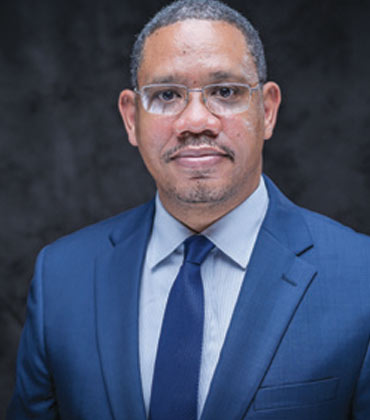Thank you for Subscribing to Healthcare Business Review Weekly Brief
As the demand for healthcare services continues to rise, the need for a well-trained and adequately staffed workforce has never been more critical. Staffing is essential because it directly impacts the quality-of-care patients receive and the overall efficiency of healthcare systems. In response to this pressing need, Action Staffing Solutions Inc. upholds its customer-centric ethos by ensuring that healthcare facilities are staffed with qualified professionals.
Creating A Dynamic Learning
Traditional education is constrained by lengthy lectures, thick textbooks, and the boundaries of a brick-and-mortar classroom setting. Needless to say, this does not align with the modern digital world’s need for concise, engaging, and interactive educational content that is both informative and captivating. An innovative platform is necessary to captivate learners and help them build a robust foundation of knowledge without experiencing boredom. That’s where Clover Learning steps in to revolutionize the status quo.
Offering Comprehensive Clinical Documentation Improvement
Medical necessity comprises the severity of illness and the intensity of service. While physicians typically detail this intensity of service in clinical documentation, they often fail to demonstrate the severity of illness. For instance, a patient who is intubated and receiving supplemental oxygen might have their diagnosis listed as simply ‘respiratory insufficient.’ To insurance companies, this term may not adequately justify intubation or supplemental oxygen. However, by using a more specific phrase like ‘acute respiratory failure with hypoxemia,’ physicians can significantly impact reimbursement outcomes.
CXO INSIGHTS

Meeting the Technical Staffing Shortage in the Clinical Laboratory
Michael Baron, Executive Director of Clinical Laboratory Operations, Wisconsin Diagnostic Laboratori

Prioritizing Nursing Staff: The Key to Exceptional Patient Care in a Post-Pandemic World
Justin Floyd, Director of Nursing- Critical Care Service Line at Peace Health

Staffing, Diversity, and Inclusion: Keys to Operational Success in Healthcare
Christian Alvarez, Regional Director of Rehabilitation, Hartford HealthCare

Detective: Finding out who is truly in the interview chair
Dan Mather MSN, RN, Director of Clinic Operations Salina Regional Health Center
IN FOCUS
EDITORIAL
The Path Forward for Medical Staffing
The medical staffing industry is undergoing significant changes, driven by shifts in workforce dynamics, technological advancements, and the ongoing effects of the COVID-19 pandemic. These factors are reshaping the landscape of healthcare recruitment, creating both opportunities and challenges for hospitals, staffing agencies, and healthcare professionals. Travel nursing, already popular before the pandemic, saw a massive surge in demand during the peak of COVID-19 and continues to remain high. Travel nurses and other healthcare “gig” roles offer flexibility and high pay, attracting healthcare workers seeking short-term assignments with varied experiences and better compensation. The staffing industry has adapted to support this model, with agencies specializing in travel healthcare and flexible shifts. However, the dependence on travel nurses and temporary staff raises concerns. Long-term healthcare facility budgets are strained by the premium rates required to attract these temporary professionals. For permanent staff, the disparity in pay between full-time employees and travel nurses can lead to morale issues, with some full-time employees opting to switch to travel roles for better compensation. To address this, some hospitals have launched internal staffing pools to retain their workforce flexibility without the high costs of external agency contracts. Technology is playing an increasingly central role in medical staffing. Digital platforms, artificial intelligence (AI), and machine learning (ML) algorithms are helping staffing agencies and hospitals streamline the recruitment process, from identifying potential hires to onboarding them. Automated systems can match candidates with positions based on a combination of credentials, preferences, and availability, speeding up the process and reducing the administrative load on HR teams. Embracing new technology, fostering worker support, and promoting inclusive hiring practices are essential steps toward a sustainable staffing solution that meets both patient and worker needs. The emphasis on adaptability and support for healthcare professionals will not only address the current workforce shortage but also create a more resilient healthcare system for the future. In this edition, we have featured Action Staffing Solutions, Inc. The company upholds its customer-centric ethos by ensuring that healthcare facilities are staffed with qualified professionals.










